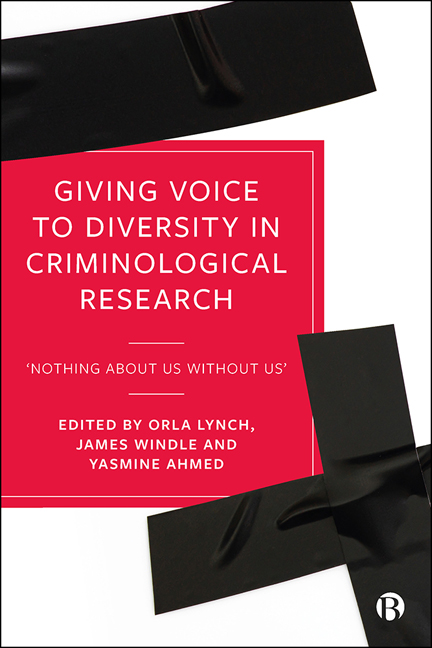5 - Re-storying Offending Behaviour: A Normal Response to an Overdose of Trauma?
Published online by Cambridge University Press: 13 May 2022
Summary
Desistance is the process by which offenders reduce and ultimately stop offending and then manage to maintain a law-abiding lifestyle (Maruna, 2001). The terms ‘resettlement’ and ‘re-entry’ describe the process of returning to the community in a structured and supported way after serving a prison sentence (Mead, 2007), and include all interventions implemented inside or outside prison – during and after sentence (Petersilia, 2004) – which aim to overcome obstacles and assist the ex-prisoner's return to free society. Over the last twenty years there has been a great deal of focus on resettlement and desistance issues in the academic literature and practice (see Maruna, 2001; McCulloch & McNeill, 2008), with a growing recognition that an integrated, multi-agency, and multifaceted approach is more effective in supporting the difficult transition from prison to the community and reducing offending behaviour (see Mears & Cochran, 2015; Fox, 2016).
There has been inadequate academic focus on the prevalence of childhood adversity and the impact of embodied trauma among male prisoners, and equally scant scholarship on trauma-responsive interventions to assist ‘unrecovered trauma survivors’ (Whitfield, 1998: 362) to process their somatic, affective, and relational symptoms.
The impact of adverse childhood experiences
In 1998, Felitti and colleagues (1998) published groundbreaking epidemiological research about the exposure of over 17,000 mainly white, middle class, college-educated Americans to emotional, physical, and sexual abuse, emotional and physical neglect, and household dysfunction including parental separation, domestic violence, living with a mentally ill person or someone with an addiction, or having a family member in prison. The WHO (2018) has more recently added bullying, incidences of racism or other discrimination, and community violence to the list. Felitti and colleagues (1998) found evidence of a strong ‘dose response’: the more adverse childhood experiences (ACEs) a person experienced before they turned 18, the greater their risk of serious illnesses such as ischemic heart disease, diabetes, and obesity, as well as addiction, mental illness, relational dysfunction, and offending behaviour. Those who experienced four or more ACEs were at far greater risk of poor health, social, and behavioural outcomes. Recent neuroscience evidence from the Centre on the Developing Child at Harvard University and elsewhere has established that ACEs damage a child's developing brain, leading to long-term impairment of the brain's structure and function (Carlisi et al, 2020).
- Type
- Chapter
- Information
- Giving Voice to Diversity in Criminological Research‘Nothing about Us without Us’, pp. 89 - 110Publisher: Bristol University PressPrint publication year: 2021



